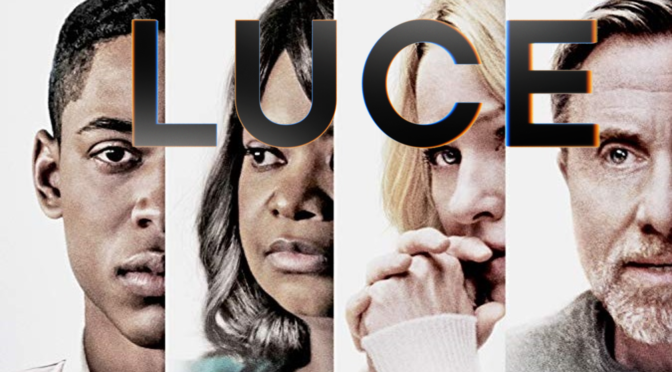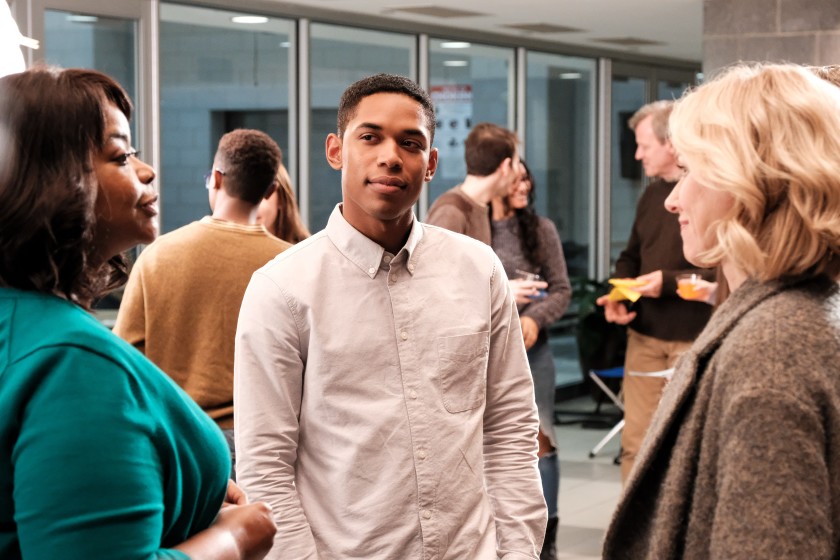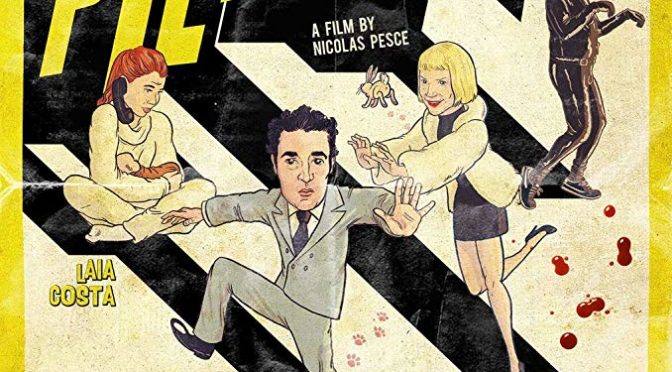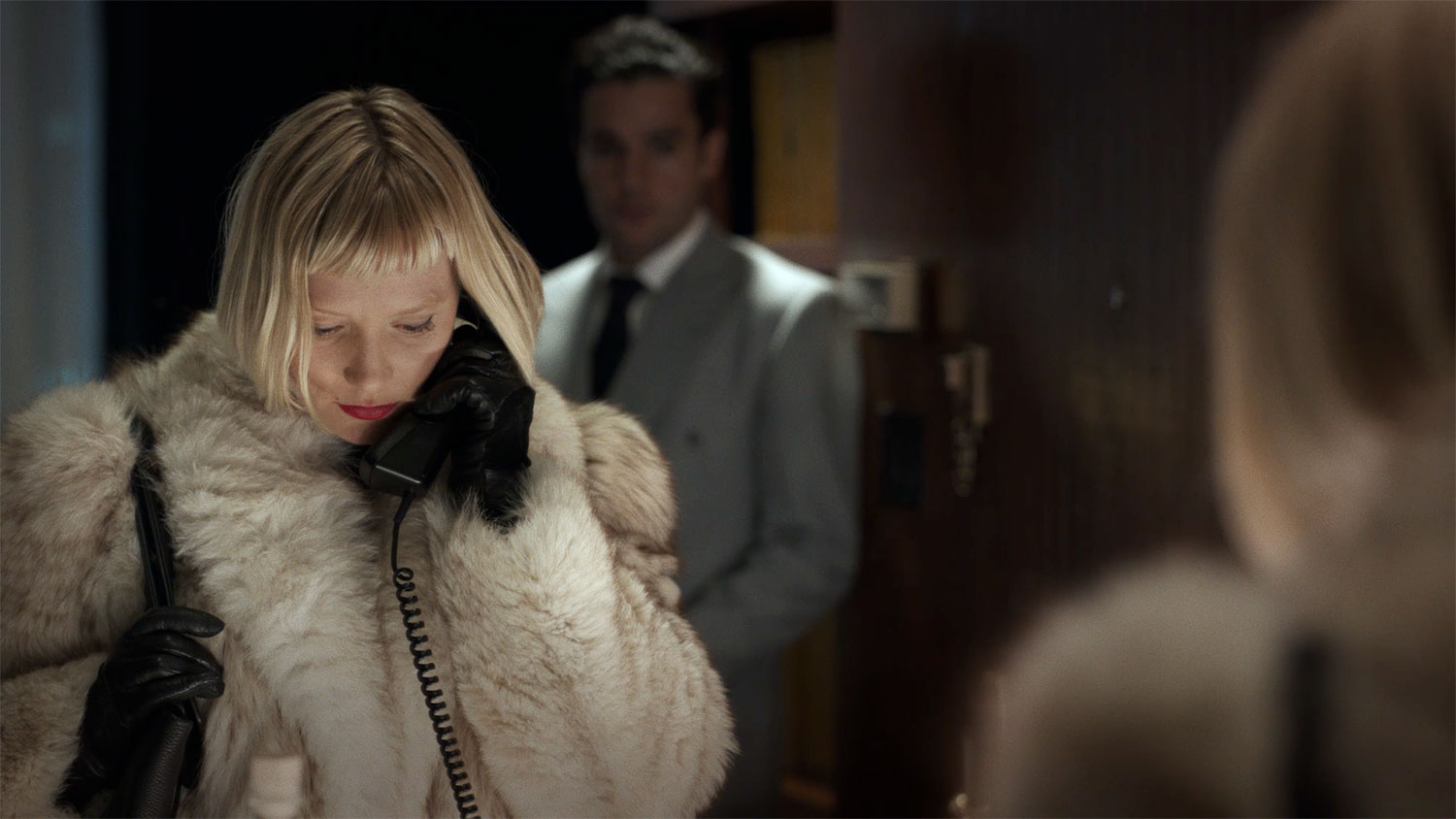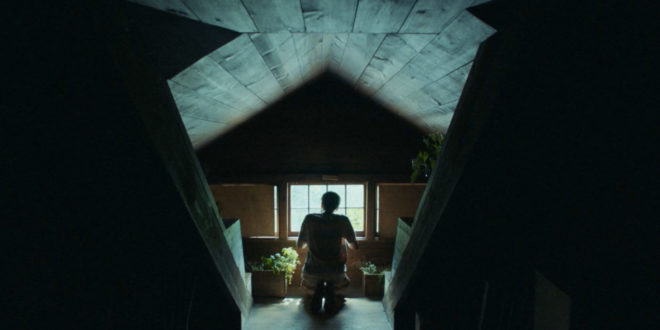After successfully directing a thriller, Trey Edwards Shults (It Comes at Night) has returned to making family dramas. Waves is the story of teenagers and their emotional journeys. Tyler (Kelvin Harrison Jr.; It Comes at Night) is a popular kid on the wrestling team driven by a strict, unforgiving father (Sterling K. Brown; This is Us). The film follows his relationship with his father and his girlfriend then shifts to his younger sister Emily (Taylor Russell; Escape Room) and her boyfriend Luke (Lucas Hedges; Manchester by the Sea).
Shults shoots Waves in a heightened reality. This is the brief period of adolescence on the cusp of adulthood where everything is felt deeply. The vibrant palette of the streets of Florida are slightly oversaturated with colors like Tyler’s bleached blonde hair and the deep blue skies popping out onscreen. His camera moves with a ferocity, constantly tracking in or swirling around his characters, that is matched by the film’s music. Composed by Trent Reznor and Atticus Ross, the score brings its own intensity that creates an entrancing effect.
This energy extends to the acting as well. All the dialogue is delivered for maximum impact. Nothing here is meant to be lighthearted. Brown, as Tyler’s agressive father, is never at ease. Even in moments that should be playful, like when he arm-wrestles his son, he brings a fervor to his actions that is unsettling. He behaves as if each action is the most pivotal moment in his life. This style of deliberately melodramatic performance, when combined with the visuals and soundtrack, is initially intoxicating.

The film’s first half is a tour de force of urgent, impassioned filmmaking. Tyler’s commitment to his athletics, his relationship with his girlfriend, and the impossibly high standards his father sets for him are vividly brought to life. It’s a testament to Shults’s abilities as a writer and director that Tyler’s world is set up using little to no exposition. The relationships are established through the expressive, but authentic performances. Tyler’s arc unfolds explosively with each story beat barreling forward to the next and is consistently gripping with Harrison deftly handling the changes to his character. As his story reaches its crescendo, the film seems to have perfectly captured Tyler’s life and all of its complicated emotions with an intensity that leaves the audience mesmerized and exhausted from its pulsing energy.
Then, unfortunately, Waves continues for another hour. The story shifts focus from Tyler to his younger sister Emily and her relationship with Luke, but the new plot can’t match the impact of the Tyler’s story. It feels unnecessary after what preceded it. Many of the complaints normally thrown at melodramas, that Waves had been able to avoid in its first half, suddenly become relevant. The acting style feels unnecessary when Emily and Luke’s story has significantly lower stakes than Tyler’s story and the new actors aren’t able to match the earlier performances. As a film of two distinct plots, Waves is a mixed bag. It’s an intense emotional rollercoaster followed by an unworthy second story that never justifies its inclusion.

3/5 stars.

